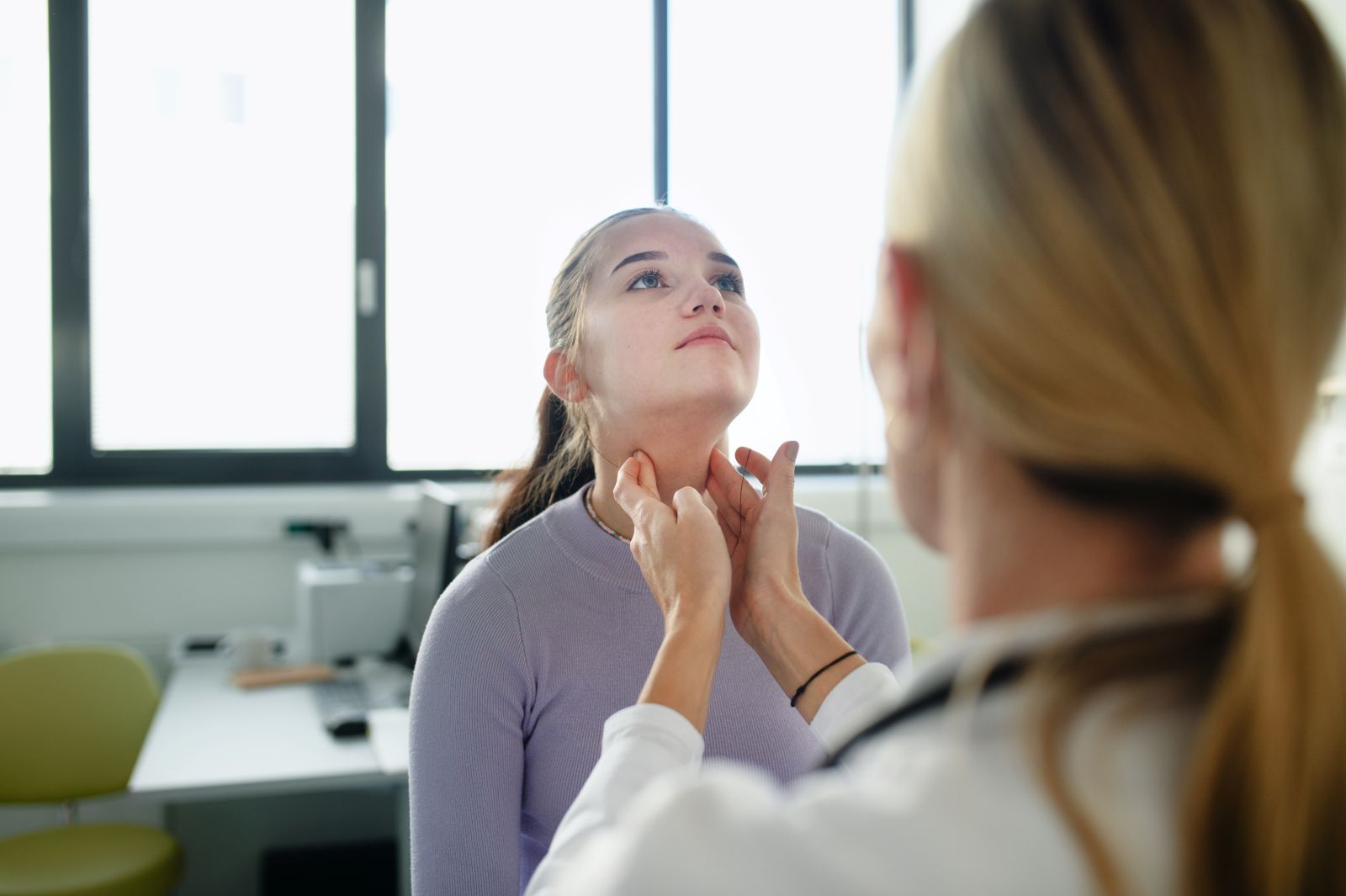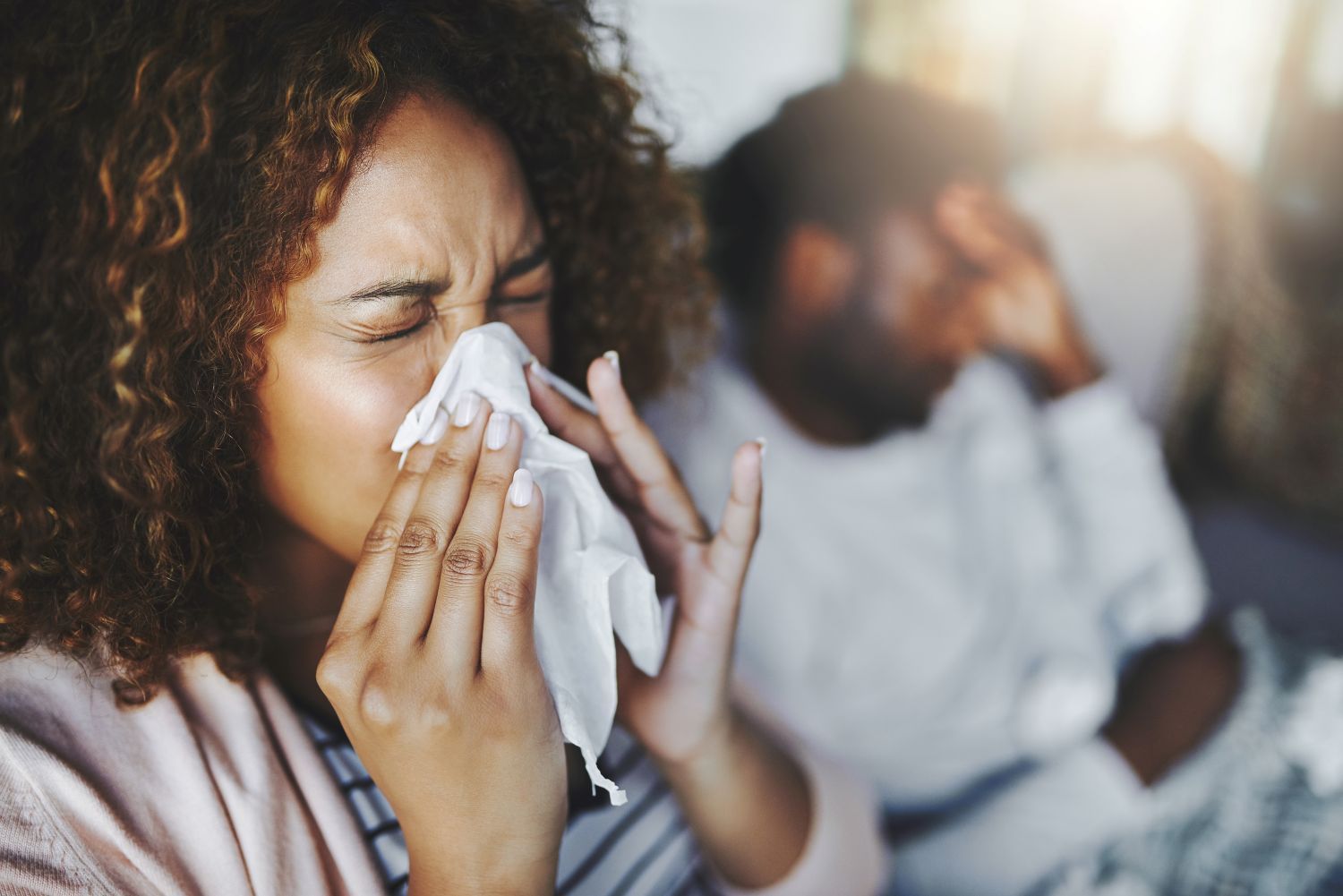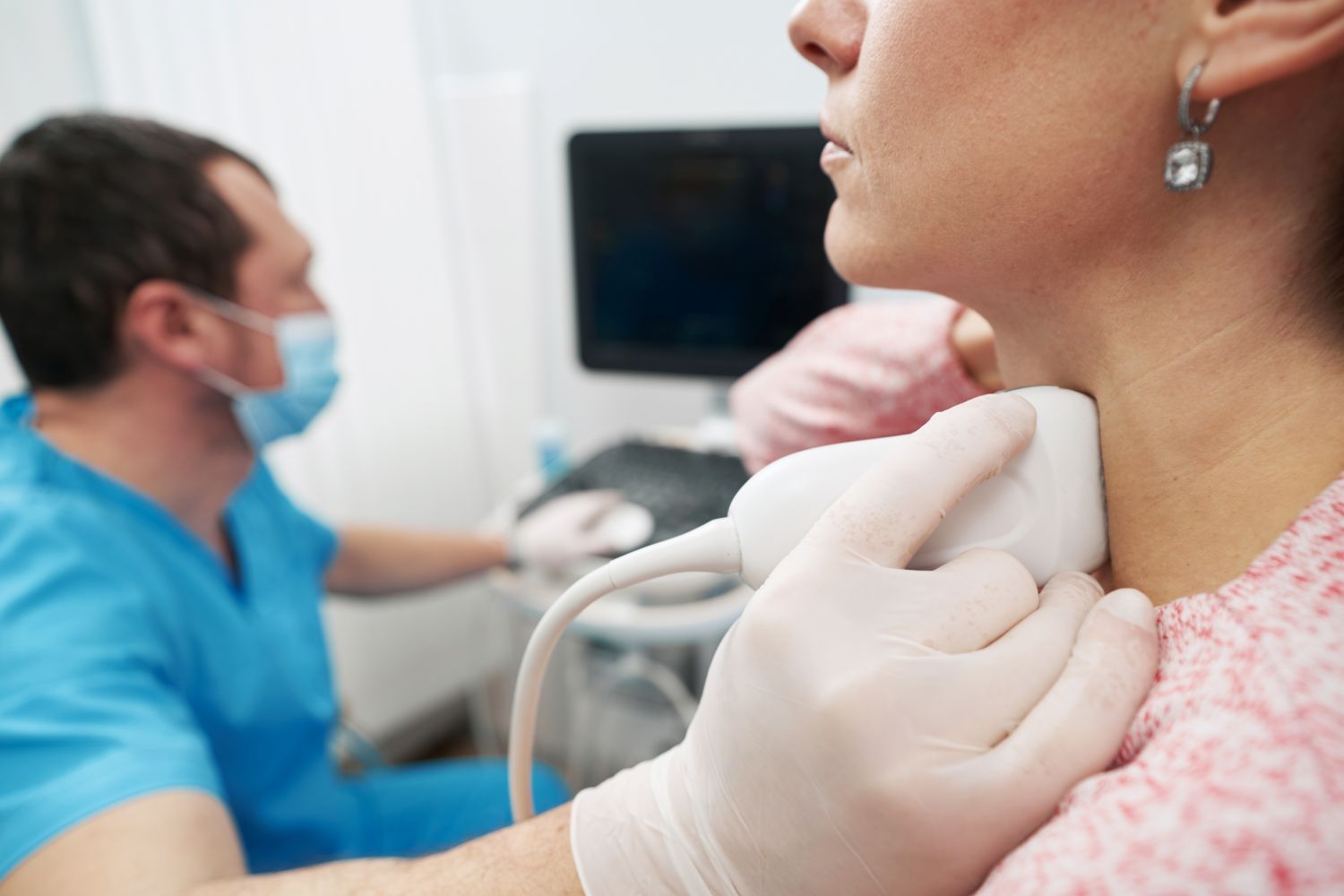Recognizing the Symptoms of Sleep Apnea
If you find yourself consistently waking up tired or experiencing excessive snoring during sleep, you might be wondering if you have sleep apnea. Sleep apnea is a potentially serious sleep disorder that affects millions of people worldwide. Recognizing its symptoms is crucial for timely diagnosis and effective treatment.
What is Sleep Apnea?
Sleep apnea is a sleep disorder characterized by repeated interruptions in breathing during sleep. These interruptions, referred to as apneas, can last anywhere from a few seconds to several minutes. They occur when the muscles at the back of the throat fail to keep the airway open, leading to a partial or complete blockage.
There are three main types of sleep apnea:
- Obstructive Sleep Apnea (OSA): This is the most common form of sleep apnea and occurs when the throat muscles relax, leading to a blockage of the airway. It can cause loud snoring and restless sleep.
- Central Sleep Apnea (CSA): This type of sleep apnea is less common and is caused by a failure of the brain to signal the muscles to breathe. It results in short periods of breathlessness during sleep.
- Complex Sleep Apnea Syndrome (CSAS): This is a combination of both obstructive and central sleep apnea. It occurs when someone with pre-existing OSA develops CSA after receiving treatment with continuous positive airway pressure (CPAP) therapy.
Common Symptoms of Sleep Apnea
Loud snoring and breathing interruptions
The most common symptom of sleep apnea is loud, disruptive snoring. This occurs when the airway becomes partially blocked during sleep, causing vibrations that result in snoring. Additionally, sleep apnea can cause breathing interruptions known as apneas, where breathing stops for a few seconds or longer before resuming.
Excessive daytime sleepiness and fatigue
One of the other noticeable symptoms of sleep apnea is excessive daytime sleepiness and fatigue. Even if you think you're getting enough sleep at night, sleep apnea disrupts your sleep cycle, preventing you from getting the restorative rest you need. As a result, you may feel constantly tired and struggle to stay awake during the day.
Morning headaches and dry mouth
Many individuals with sleep apnea wake up with morning headaches and a dry mouth. These symptoms are often caused by the decrease in oxygen levels and the increase in carbon dioxide levels that occur during apneas. The drop in oxygen concentration can lead to headaches, while the mouth becomes dry due to open-mouthed breathing during sleep.
Less Common Symptoms of Sleep Apnea
Insomnia and difficulty staying asleep
Sleep apnea is commonly associated with excessive daytime sleepiness and snoring, but it can also lead to insomnia and difficulty staying asleep. People with sleep apnea may find it challenging to fall asleep or may wake up repeatedly during the night.
Mood changes and irritability
Sleep apnea can affect your mood and lead to irritability and mood swings. The disrupted sleep patterns and lack of quality sleep can leave you feeling tired, groggy, and easily agitated, which can impact your overall well-being and relationships.
Forgetfulness and difficulty concentrating
Sleep apnea can also impact cognitive function, leading to forgetfulness and difficulty concentrating. If you find yourself struggling to remember things or experiencing lapses in your ability to concentrate on tasks, it may be worth considering sleep apnea as a potential cause.
Remember, these symptoms may not always be immediately linked to sleep apnea, so it's important to consult with a healthcare professional to get a proper diagnosis and receive appropriate treatment.
Risk Factors and Causes of Sleep Apnea
Obesity and excess weight
One of the major risk factors for sleep apnea is obesity or excess weight. The accumulation of fatty tissues around the neck and throat area can narrow the airway, making it difficult for air to flow freely during sleep.
Age and gender
Sleep apnea is more common in older adults. As people age, the muscles in the throat and tongue may become more relaxed during sleep, potentially causing airway blockage. Men are also more likely to develop sleep apnea than women, although the risk can increase in women after menopause.
Family history and genetic factors
There is evidence to suggest that sleep apnea can run in families. If you have a family history of sleep apnea, you may be at a higher risk of developing the condition. Genetic factors may play a role in the structure and function of the airway, making certain individuals more susceptible to sleep apnea.
Conclusion
Sleep apnea can have serious health implications if left untreated. By being aware of the common symptoms such as loud snoring, excessive daytime sleepiness, morning headaches and even waking up gasping for air, individuals can take the necessary steps to seek medical attention and get the treatment they need. Early detection and intervention can make a significant difference in managing sleep apnea and improving overall wellbeing. Don't ignore the signs, prioritize your sleep health today.
For expert guidance and information about sleep apnea, reach out to ENT Care Centers at (502) 837-7838. Our team of knowledgeable health professionals is available to address your concerns. Visit our website and connect with our specialists today. We are here to answer your questions and assist you in managing sleep apnea effectively.













